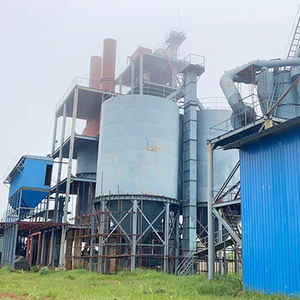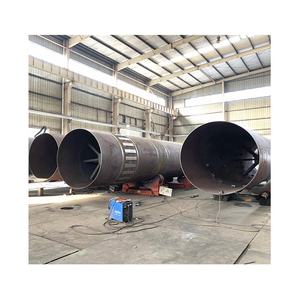**Licenses and Legitimacy: The Requirement of Driver’s Licenses for Heavy Machinery Operation**
(Licenses and Legitimacy: The Requirement of Driver’s Licenses for Heavy Machinery Operation)
In the realm of heavy machinery operation, the intersection of safety, efficiency, and regulatory compliance is paramount. Heavy machinery, such as cranes, bulldozers, excavators, and forklifts, plays a critical role in industries like construction, manufacturing, mining, and logistics. However, the operation of such equipment is not without risks. Accidents involving heavy machinery can lead to severe injuries, fatalities, and significant financial losses. To mitigate these risks, the requirement of driver’s licenses for heavy machinery operators has become a cornerstone of safety protocols and regulatory frameworks. This article explores the necessity of driver’s licenses, the legitimacy they provide, and their role in ensuring safe and efficient operations.
### The Role of Driver’s Licenses in Heavy Machinery Operation
A driver’s license is more than just a legal document permitting an individual to operate a vehicle; it is a testament to the holder’s competence, knowledge, and adherence to safety standards. For heavy machinery operators, a specialized driver’s license or certification serves as proof that the individual has undergone rigorous training and possesses the necessary skills to handle complex equipment. This is particularly important given the technical nature of heavy machinery, which often requires operators to navigate challenging environments, manage heavy loads, and adhere to strict safety protocols.
The process of obtaining a heavy machinery operator’s license typically involves both theoretical and practical training. Candidates are educated on equipment mechanics, safety procedures, load management, and emergency response. Practical training ensures that operators can apply this knowledge in real-world scenarios, reducing the likelihood of accidents caused by operator error. By mandating such licenses, regulatory bodies ensure that only qualified individuals are entrusted with the operation of heavy machinery, thereby enhancing workplace safety.
### Legitimacy and Accountability
The requirement of a driver’s license for heavy machinery operation also establishes a framework of legitimacy and accountability. Employers can verify an operator’s qualifications, ensuring that they are hiring individuals who meet industry standards. This not only protects the employer from potential liabilities but also fosters a culture of professionalism within the workforce. Operators, in turn, are held accountable for their actions, as their licenses can be revoked or suspended in cases of negligence or misconduct.
Moreover, the legitimacy provided by a driver’s license extends beyond the workplace. It reassures clients, stakeholders, and the general public that operations are being conducted by trained professionals. In industries where heavy machinery is used in public spaces, such as road construction or urban development, this legitimacy is crucial for maintaining public trust and ensuring compliance with local regulations.
### Safety and Risk Mitigation
Heavy machinery accidents often result from a combination of factors, including equipment failure, environmental hazards, and human error. While mechanical failures and environmental risks can be mitigated through regular maintenance and risk assessments, human error remains a significant challenge. The requirement of a driver’s license addresses this issue by ensuring that operators are well-trained and capable of making informed decisions under pressure.
For instance, an operator with a valid license is more likely to recognize potential hazards, such as unstable terrain or overloading, and take appropriate precautions. They are also better equipped to respond to emergencies, such as equipment malfunctions or accidents, minimizing the impact on personnel and property. By reducing the likelihood of human error, driver’s licenses contribute to a safer working environment and lower accident rates.
### Compliance with Regulatory Standards
In many jurisdictions, the operation of heavy machinery without a valid license is illegal. Regulatory bodies, such as the Occupational Safety and Health Administration (OSHA) in the United States, have established stringent guidelines to ensure that operators meet specific competency standards. These regulations are designed to protect workers, the public, and the environment from the risks associated with heavy machinery operation.
Employers who fail to comply with these regulations may face severe penalties, including fines, legal action, and reputational damage. By requiring driver’s licenses, employers demonstrate their commitment to regulatory compliance and workplace safety. This not only safeguards their operations but also enhances their reputation as responsible industry players.
### Conclusion
(Licenses and Legitimacy: The Requirement of Driver’s Licenses for Heavy Machinery Operation)
The requirement of driver’s licenses for heavy machinery operation is a critical component of modern industrial practices. It ensures that operators are qualified, competent, and accountable, thereby reducing the risks associated with heavy machinery use. By fostering a culture of safety and professionalism, driver’s licenses contribute to the legitimacy of operations and the protection of workers, the public, and the environment. As industries continue to evolve, the importance of such regulatory measures cannot be overstated. For mechanical engineers and industry professionals, advocating for and adhering to these standards is essential for promoting safe and efficient operations in the field of heavy machinery.


